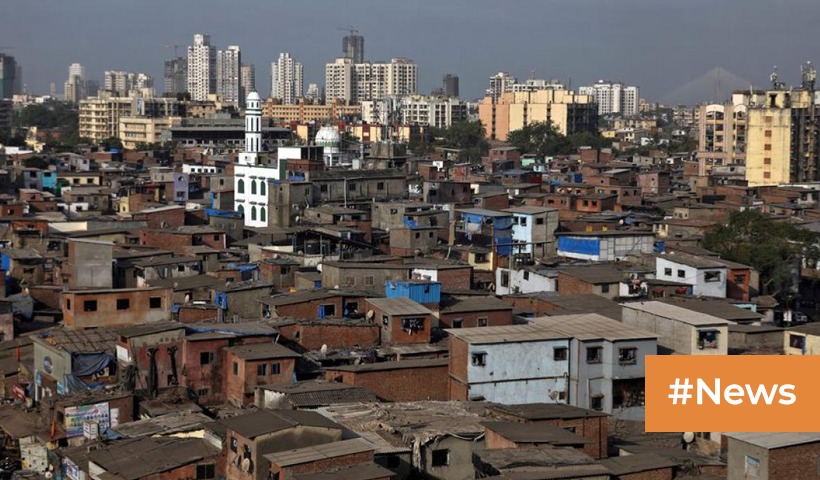Noida: High-rise structural regulations have been adopted.
As a significant step, the Noida Authority board has approved a structural policy proposal for the structural audit of multi-story structures in the city in November 2022. The Noida Authority has taken another important step to protect the safety of Noida’s high-rise structures. The Noida Authority has made it essential for builders asking for Occupancy Certificates (OCs) or partial OCs to submit a proper structural independent audit by one of the accredited institutes from April 1, 2023. The OC will be given only if an empanelled institution provides a suitable report. The new structural policy will allow for a five-year structural safety examination of buildings.
In accordance with the Noida Authority’s standards, the builders or apartment owners’ associations (AOAs) would cover the cost of the audit, the fee of which will be unanimously agreed upon between the empanelled consultant and the builder or AOA.
The requirement for a structural policy
Throughout the city, there are around 100 high-rise developments with numerous towers. The Noida Authority developed a structural strategy based on homebuyer demand and the Apartment Owners’ Association (AOA). The Authority Board accepted the Structural Audit Policy with several changes.
What exactly is the structural audit policy?
According to the policy, before issuing a partial or full occupancy certificate, the developer must submit a structural audit report from an accredited IIT, NIT, or comparable expert institution (OC).
But it also specified that even after the OC was given out, if at least 25% of the people assigned to the AOA or the tower complained about the flaws, the committee set up at the authority level would look into the complaint. It will classify the complaint as minor or significant, based on which additional action will be done. According to the Apartment Ownership Act, the builder is responsible for repairing faults within two years. Nevertheless, according to the Real Estate Regulatory Authority (RERA) Act, the builder is liable for the removal of structural problems for the first five years, after which the AOA is accountable. This term is estimated once the full scheme’s OC is issued. If the faults occur within three to five years, the resident’s association will be responsible for escalating the matter to the RERA Authority in order to get a resolution from the builder.
List of technical institutes with accreditation
The Indian Institute of Technology (IIT)-Kanpur, Malaviya National Institute of Technology (MNIT)-Jaipur, Aligarh Muslim University (AMU), Delhi Technical University (DTU), Motilal Nehru National Institute of Technology (MNIT)-Allahabad, Birla Institute of Technology & Science (BITS)-Pilani, and Central Building Research Institute (CBRI)-Roorkee have been authorised to conduct these building audits.
More institutions are being requested by developer organisations.
Other institutions on the list have been requested by industry organisations. This gives builders more alternatives and creates competition among institutions to maintain excellent standards. This request is being considered by the Noida Authority. This regulation was prompted by incidences of building collapses around the National Capital Region (NCR), notably Noida. It will ensure that all high-rise structures in the city meet safety standards.
Disclaimer: The views expressed above are for informational purposes only based on industry reports and related news stories. PropertyPistol does not guarantee the accuracy, completeness, or reliability of the information and shall not be held responsible for any action taken based on the published information.




